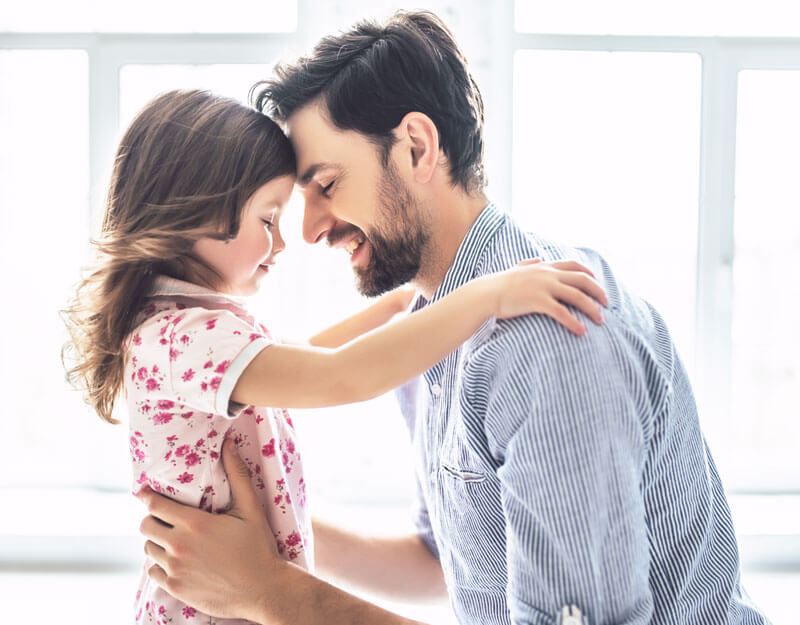Grief and Loss
Grief and loss are unique to each individual. We are here to understand and care for you in a warm and welcoming environment. You can feel safe with us.
Grief often comes with the passing of a loved one. Our trained experts help you deal with death in an emotionally healthy way. We provide you with coping strategies to help you get through grief’s many stages and experience a sense of peace.
Loss can happen for many reasons such as job loss, change in your relationship status, or a challenging event in your life. Whatever the reason you are experiencing loss, we invite you to share with your psychologist so they can provide you with coping strategies .
Are you grieving? Do you feel a sense of loss? If so, meeting with a psychologist can be helpful in processing your emotions and coping with issues such as:
- Emotional fluctuations through anger, anxiety, sadness, and guilt
- Social withdrawal from friends and family
- Poor concentration and memory loss
- Problems sleeping, feeling numb, and emotional eating
- Impact on your spiritual and religious beliefs as a result of loss



We understand that it may take time to deal with your feelings. Here is what we can do to help get you to a stage of relief:
-
Cognitive Behavioural Therapy (CBT): Through CBT, we guide you into returning to live your life as you did before grief and loss intervened. This therapy has been extremely effective in helping return a sense of normal to your life.
- Art Therapy: Through creating art, you can explore your emotions. You begin to attach meaning through your sensory experiences, bringing hope back into your mind.
- Play Therapy: Often used on children, play therapy is all about processing emotions through play. Play, including the use of toys and games, helps open up expression, allowing questions to form and understanding to develop, so that grief and loss can be worked through.
- Mindfulness: We help you consciously observe your feelings of grief and loss, so you are no longer hindered by these emotions and can live a fully functioning life. Yes, these thoughts and feelings may never disappear completely, but you will learn to let them be and live with them.
Grief and loss can tie into many other issues such as depression, stress, and anxiety. We can aid you in working through these troubles. Let us provide you with the methods to be yourself completely, so you develop positive ways to deal with complications within your environment.
Children react to grief and loss differently than adults. Before the age of 5, children tend to believe death is reversible. Though older children know this is false, they tend to believe death will never happen to them or anyone they know. Children may begin to act younger than they are when dealing with grief and loss. Our child psychologists can assist in the mourning process and help little ones accept death.
Adults understand that death is a part of life, but sometimes coping becomes an impossibility. We encourage you to speak to your loved ones and/or us about the sadness you are experiencing, so you may receive comfort and learn how to cope with it.
Each of our psychologists specializes in certain treatments to help you with whatever it is you need, all in one location. You may need someone to specifically work with your grief and loss while another works on a healing process for depression. We have a wide variety of experts on hand for you when you need us.
You are not alone. We are here to help you through tough times and moments that seem impossible to overcome.
Frequently Asked Questions
How does grief counselling help? While grief counselling exists to help you cope with loss, it also offers several other important benefits. This includes trauma healing, overcoming guilt, expressing your emotions, and helping you come to terms with change.
How long does grief and loss counselling take? The duration of your treatment depends on you. While some patients find it helpful to come in for just a few sessions, others require long-term counselling to cope with their loss.
What can I expect in a grief counselling session? We use a variety of techniques to help you overcome grief and loss, but in most cases, you’ll work with your counsellor to discuss your feelings and develop strategies to cope with the emotions you’re experiencing.
Can grief counselling help with depression? Yes, grief counselling may help with depression. Your counsellor can help you address feelings of sadness related to depression and help you develop coping strategies.
Can grief counselling help children and teenagers? Children and teenagers facing loss can absolutely benefit from grief and loss counselling. Our counsellors can help them understand their emotions and learn to cope using tools and methods that are appropriate for their age and maturity level.
Do you offer support for families dealing with loss? Yes, we can provide counselling for families to ensure everyone involved has the necessary support to cope with loss and grief.
What techniques are used in grief counselling? Techniques used depend on the individual’s needs and preferences but may include talk therapy and cognitive behavioural therapy (CBT).



